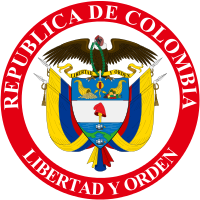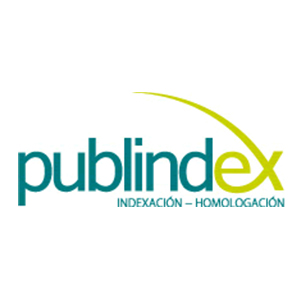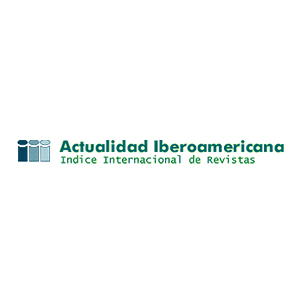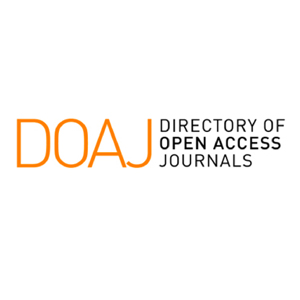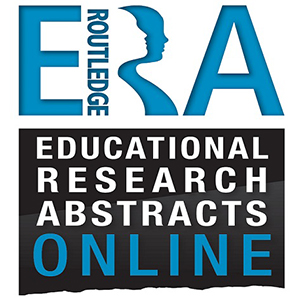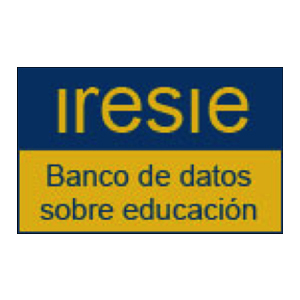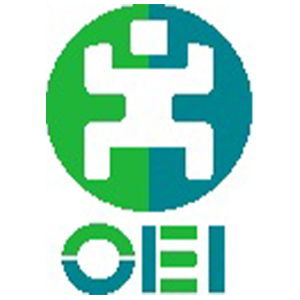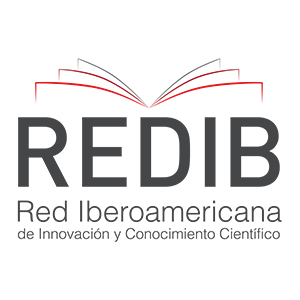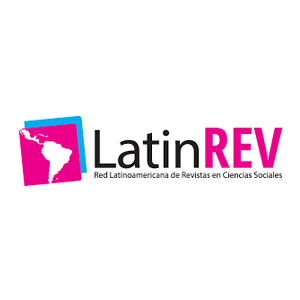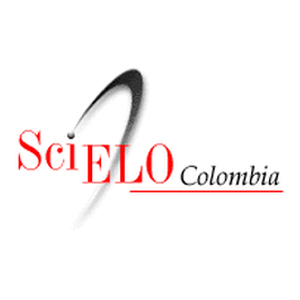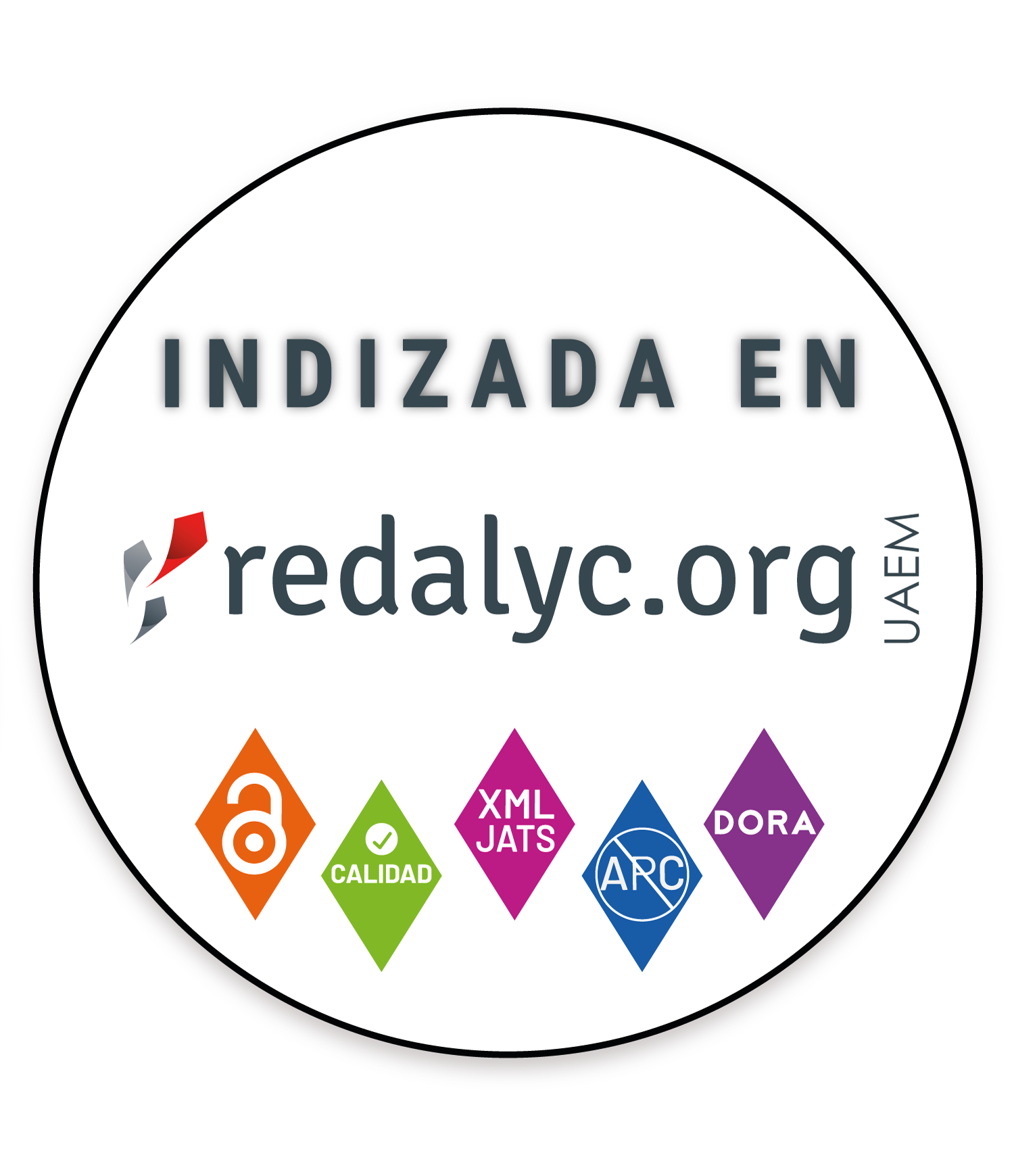Devolver la enseñanza a la educación. Una respuesta a la desaparición del maestro
Giving Teaching Back to Education: Responding to the Disappearance of the Teacher
Devolver o ensino à educação: Uma resposta ao desaparecimento do professor
Devolver la enseñanza a la educación. Una respuesta a la desaparición del maestro
Aristotle. (1980). The Nicomachean ethics. Oxford: Oxford University Press.
Barr, R. y Tagg, J. (1995). From teaching to learning: A new paradigm for undergraduate education. Change, 27(6), 13–25.
Biesta, G. (2004). Against learning. Reclaiming a language for education in an age of learning. Nordisk Pedagogik, 23, 70–82.
Biesta, G. (2006). Beyond learning. Democratic education for a human future. Boulder, Co.: Paradigm Publishers.
Biesta, G. (2007). Why ‘what works’ won’t work. Evidence– based practice and the democratic deficit of educational research. Educational Theory, 57(1), 1–22.
Biesta, G. (2009a). Theorising learning through complexity: An educational critique. Complicity, 6(1), 28–33.
Biesta, G. (2009b). What is at stake in a pedagogy of interruption? En T. E. Lewis, J. G. A. Grinberg y M. Laverty (eds.). Philosophy of Education: Modern and Contemporary Ideas at Play (pp. 785–807). Dubuque, IA: Kendall/ Hunt.
Biesta, G. (2010a). Good education in an age of measurement: Ethics, politics, democracy. Boulder, Co: Paradigm Publishers.
Biesta, G. (2010b). Why ‘what works’ still won’t work. From evidence–based education to value–based education. Studies in Philosophy and Education, 29(5), 491–503.
Biesta, G. (2011). Disciplines and theory in the academic study of education: A comparative analysis of the Anglo–American and continental construction of the field. Pedagogy, Culture and Society, 19(2), 175–192.
Biesta, G. (2012). The educational significance of the experience of resistance: Schooling and the dialogue between child and world. Other Education: The Journal of Educational Alternatives, 1(1), 92–103.
Biesta, G. (en prensa–a). Interrupting the politics of learning, changing the discourse of education. Power and Education.
Biesta, G. (en prensa–b). Receiving the gift of teaching: From “learning from” to “being taught by”. Studies in Philosophy and Education. doi:10.1007/s11217–012–9312–9
Biesta, G. (en prensa–c). The beautiful risk of education. Boulder, CO: Paradigm Publishers.
Biesta, G. (en prensa–d). Becoming educationally wise: Towards a virtue–based conception of teaching and teacher education. In A. L. Østern, K. Smith, T. Ryghaug, T. Krüger y M. B. Postholm (eds.). Teacher education research between national identity and global trends. Trondheim: Nafol.
Bingham, C. (2009). Authority is relational. Albany, NY: suny Press.
Derrida, J. (1992a). Given time: I. counterfeit money. (P. Kamuf, trad.). Chicago: University of Chicago Press.
Derrida, J. (1992b). Force of law: The “mystical foundation of authority”. En D. Cornell, M. Rosenfeld y G. Carlson (eds.). Deconstruction and the possibility of justice (pp. 3–67). Nueva York y Londres: Routledge.
Ellsworth, E. (2004). Places of learning: Media, architecture, pedagogy. Nueva York: Routledge.
Field, J. (2000). Lifelong learning and the new educational order. Stoke–on–Trent: Trentham Books.
Giesecke, H. (1985). Das Ende der Erziehung. Stuttgart: Klett–Cotta.
Giroux, H. (1983). Theory and resistance in education: A pedagogy for the opposition. South Hadley, MA: Bergin y Garvey.
Gundem, B. y Hopmann, S. (eds.). (1998). Didaktik and/or curriculum. Nueva York: Peter Lang.
Haugsbakk, G. y Nordkvelle, Y. (2007). The rhetoric of ict and the new language of learning. A critical analysis of the use of ict in the curricular field. European Educational Research Journal, 6(1), 1–12.
Komter, A. (1996). The gift: An interdisciplinary perspective. Amsterdam: Amsterdam University Press.
Levinas, E. (1969). Totality and infinity: An essay on exteriority. Pittsburgh: Duquesne University Press.
Meirieu, P. (2008). Pédagogie: Le devoir de résister. Nouvelle édition complétée 2008. Issy–les–Moulineaux: ESF éditeur.
Nancy, J. (2000). L’intrus. París: Gallilée.
Nola, R. e Irzik, G. (2005). Philosophy, science, education and culture. Dordrecht: Springer.
Pinar, W. (ed.). (1998). Contemporary curriculum discourses. Nueva York: Peter Lang.
Pinar, W. Reynolds, W. Slattery, P. y Taubman, P. (1995). Understanding curriculum. Nueva York: Peter Lang.
Plato. (2008). Meno. (B. Jowett, trad.). Recuperado de http://www.gutenberg.org/files/1643/1643–h/1643–h.htm.
Priestley, M.; Biesta, G. y Robinson, S. (2012). Teacher beliefs and the achievement of agency. Manuscrito en preparación. Stirling: University of Stirling. Recuperado de http://www.ioe.stir.ac.uk/events/tacc.php.
Richardson, V. (2003). Constructivist pedagogy. Teachers College Record, 105(9), 1623–1640.
Roth, W. (2011). Passability: At the limits of the constructivist metaphor. Dordrecht: Springer.
Todd, S. (2003). Learning from the other. Albany: Suny Press. United States Census Bureau (2011). Profile America: Facts for features. Recuperado de http://www.census.gov/newsroom/releases/archives/facts_for_features_special_ editions/cb11–ff15.html
Wimmer, M. (2001). The gift of “Bildung”. En G. J. J. Biesta y D. Egea–Kuehne (eds.). Derrida & Education (pp. 150–175). Londres y Nueva York: Routledge.
Winter, P. (2011). Coming into the world, uniqueness, and the beautiful risk of education. An interview with Gert Biesta by Philip Winter. Studies in Philosophy and Education, 30(5), 537–542.
APA
ACM
ACS
ABNT
Chicago
Harvard
IEEE
MLA
Turabian
Vancouver
Descargar cita
Citaciones

1. Jenny Johanna Castro Ballén, Jenny Maritza Pulido González. (2020). Profesionalización de maestros en ejercicio: la experiencia de la Licenciatura en Educación infantil de la Universidad Pedagógica Nacional. Nodos y Nudos, 6(48) https://doi.org/10.17227/nyn.vol6.num48-11699.
2. Karina Ximena Buitrago Martínez. (2023). Fundamentos antropológico-pedagógicos en el pensamiento de Platón y Aristóteles. Pedagogía y Saberes, (59) https://doi.org/10.17227/pys.num59-17552.
3. Óscar Julián Cuesta-Moreno, Rafael Reyes-Galindo. (2022). La práctica pedagógica: consideraciones críticas a propósito de las pruebas Saber Pro para licenciados. Nodos y Nudos, https://doi.org/10.17227/nyn.vol8.num53-14466.
4. ROBERTO RAFAEL DIAS DA SILVA. (2021). POR UMA AGENDA CURRICULAR DEMOCRÁTICA COM FOCO NA INOVAÇÃO EDUCATIVA PARA O BRASIL. Educação em Revista, 37 https://doi.org/10.1590/0102-469825641.
5. Marta Luiza Sfredo, Roberto Rafael Dias da Silva. (2021). Eficiência pedagógica e o projeto desenvolvimentista brasileiro: fundamentos de uma ‘neodocência’ no ensino secundário. Acta Scientiarum. Education, 43, p.e48270. https://doi.org/10.4025/actascieduc.v43i1.48270.
6. Juana Sorondo. (2020). El discurso neoliberal en educación y sus otros lenguajes. El caso de la educación emocional en Argentina. Revista Educación, Política y Sociedad, 5(2), p.9. https://doi.org/10.15366/reps2020.5.2.001.
7. Ana Laura Abramowski, Juana Sorondo. (2023). La crítica a la escuela tradicional desde la perspectiva de la educación emocional. Perfiles Educativos, 45(181), p.161. https://doi.org/10.22201/iisue.24486167e.2023.181.60516.
8. Christian Laval, Juana Sorondo. (2023). Educación, neoliberalismo y ultraderecha: Nuevas preguntas para la investigación educativa. Revista Educación, Política y Sociedad, 8(2), p.11. https://doi.org/10.15366/reps2023.8.2.001.
9. Mónica Gabriela Portilla Portilla. (2023). El currículo y la evaluación. Perspectivas analíticas sobre los resultados de aprendizaje. Revista UNIMAR, 41(2), p.158. https://doi.org/10.31948/Rev.unimar/unimar41-2-art9.
10. Cláudia Inês Horn, Elí Henn Fabris. (2017). Registro Docente Contemporâneo: infância e docência em tempos digitais. Educação & Realidade, 42(3), p.1103. https://doi.org/10.1590/2175-623660624.
11. Roberto Rafael Dias da Silva, Renata Porcher Scherer. (2019). Por que precisamos da diferenciação pedagógica? Ensaio sobre a individualização e seus paradoxos. Revista Brasileira de Educação, 24 https://doi.org/10.1590/s1413-24782019240041.
Métricas PlumX
Visitas
Descargas
Licencia
Derechos de autor 2016 Pedagogía y Saberes

Esta obra está bajo una licencia internacional Creative Commons Atribución-NoComercial 4.0.
Todo el trabajo debe ser original e inédito. La presentación de un artículo para publicación implica que el autor ha dado su consentimiento para que el artículo se reproduzca en cualquier momento y en cualquier forma que la revista Pedagogía y Saberes considere apropiada. Los artículos son responsabilidad exclusiva de los autores y no necesariamente representan la opinión de la revista, ni de su editor. La recepción de un artículo no implicará ningún compromiso de la revista Pedagogía y Saberes para su publicación. Sin embargo, de ser aceptado los autores cederán sus derechos patrimoniales a la Universidad Pedagógica Nacional para los fines pertinentes de reproducción, edición, distribución, exhibición y comunicación en Colombia y fuera de este país por medios impresos, electrónicos, CD ROM, Internet o cualquier otro medio conocido o por conocer. Los asuntos legales que puedan surgir luego de la publicación de los materiales en la revista son responsabilidad total de los autores. Cualquier artículo de esta revista se puede usar y citar siempre que se haga referencia a él correctamente.

